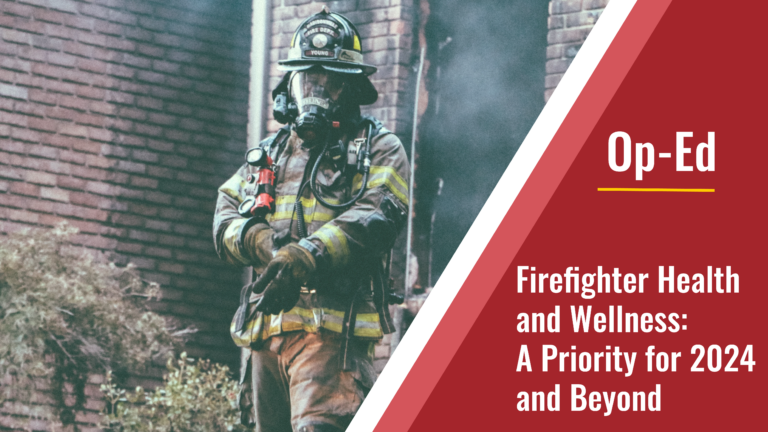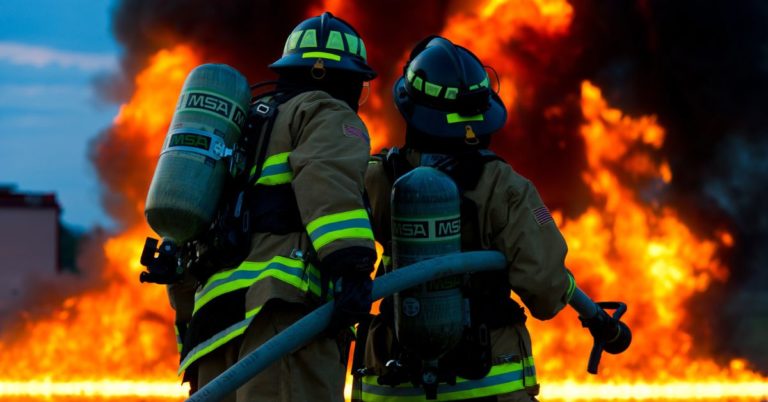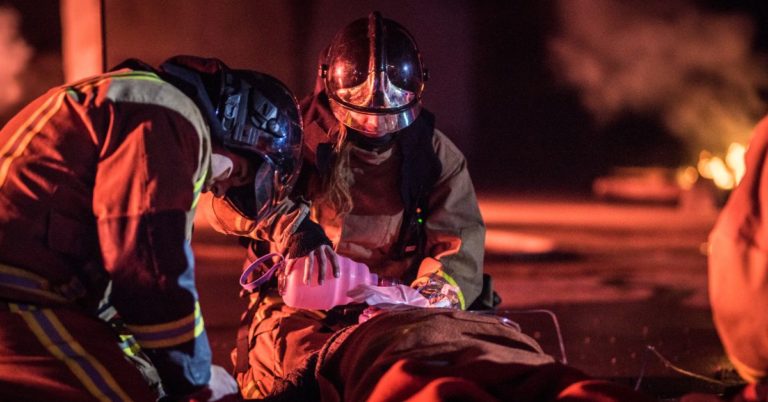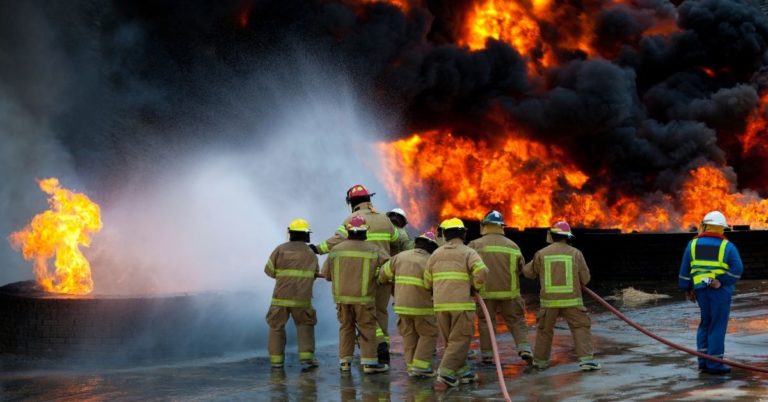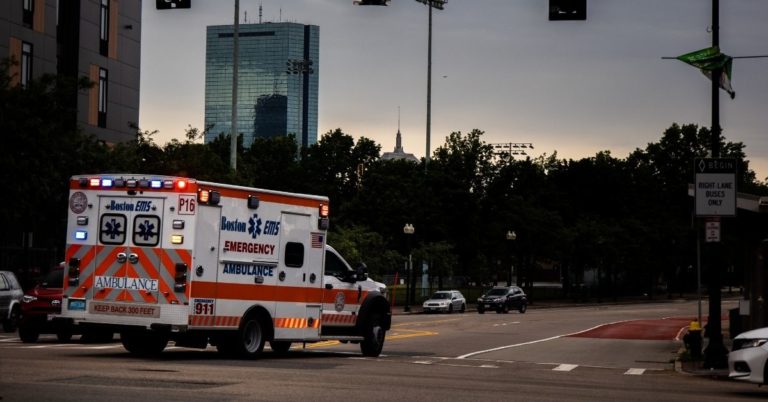Last year, Firefighters Support Alliance launched an interactive map which compiled data to help voters understand the local economic impact fire departments have on their communities, and how crucial federal grant programs like AFG and SAFER are to emergency preparedness. The data speaks for itself, the fire protection industry is a huge part of the American economy and disturbances to such a wide reaching and essential industry will be felt by all. Rich or poor, we all rely on fire and EMS capabilities in one capacity or another.
One recent disturbance to the industry has been the emergence of the Novel Coronavirus or COVID-19. Local governments shut down all or most of their economies for weeks to contain the spread of the virus and save lives, while spending more on overtime and hiring EMS professionals to fill in for those who had been quarantined. This closing down led to rapidly declining tax revenue throughout the country. Some states had rainy day funds to rely on while others had no choice but to wait for the storm to clear assess the damage.
As the economic impact of the COVID-19 pandemic becomes clearer, the International Association of Fire Chiefs has released a tool which seeks to track and quantify the true impact COVID-19 is having on emergency services agencies’ budgets. Just a few months into the pandemic, we are beginning to see the impact this is having on American fire departments and things are far from over. Much-needed referendums are being postponed months or even indefinitely, due to a lack of confidence in citizens desire to tax themselves higher in order to meet the growing costs of public safety
The Great Recession lasted from 2007-2009, although the country was contending with adverse effects for many years after it technically ended. It is widely felt that public sector employees feel the effects of a recession at a slower rate than private sector employees. This is due to government’s innate slow reaction time when responding to economic changes. This means that despite the fact that hundreds of first responders have already been furloughed, despite the budgetary challenges fire departments have been facing for decades- the negative effects COVID-19 will have on emergency preparedness in the United States have yet to be seen.
Fire and EMS agencies, especially volunteer fire departments, have been facing an uphill recruitment battle for years. This is in part due to what many young candidates see as an inadequate tradeoff of risk and reward for the profession. These effects will only get worse as the recession deepens. Voters in many states resoundingly voted to cut back on pensions and other benefits for public sector employees in the years following the Great Recession, and it would be logical to expect a similar reaction as cities try to contend with declining tax revenues and heightened expenses as a result of the COVID-19 pandemic.
The best course of action for all American Citizens is to support ballot measures that seek to fund public safety operations.

